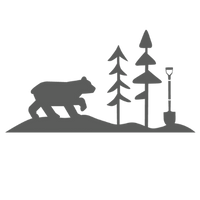Females in the Field, Field Notes
Looking Back on the 2025 Field Season
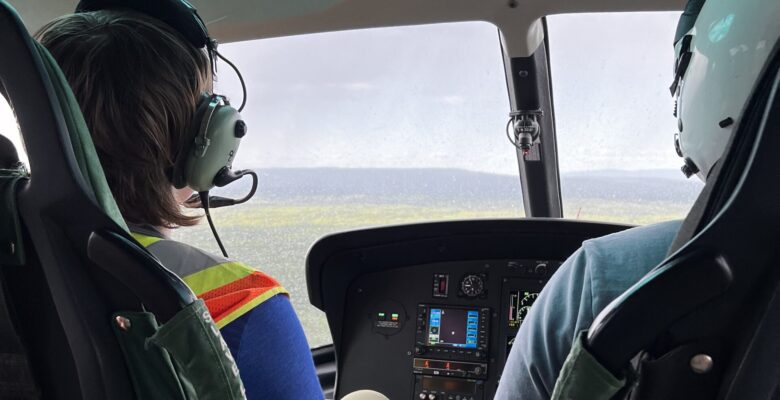
While a few on our team will continue fieldwork over the winter, for most, the 2025 field season is drawing to a close. We’re taking a moment to catch our breath—and maybe brush the last bit of dirt off our boots.
This time of year always brings a mix of emotions. There’s relief in finishing the tasks we set out to accomplish, pride in the work we’ve done, and a touch of disbelief at how quickly the season flew by. There’s also a hint a bittersweet readiness for what’s next. But before we shift gears, our Supervising Archaeologist, Kat Murashko, takes a look back at the season—the challenges faced, the lessons learned, and the moments that make this year’s field season one to remember.
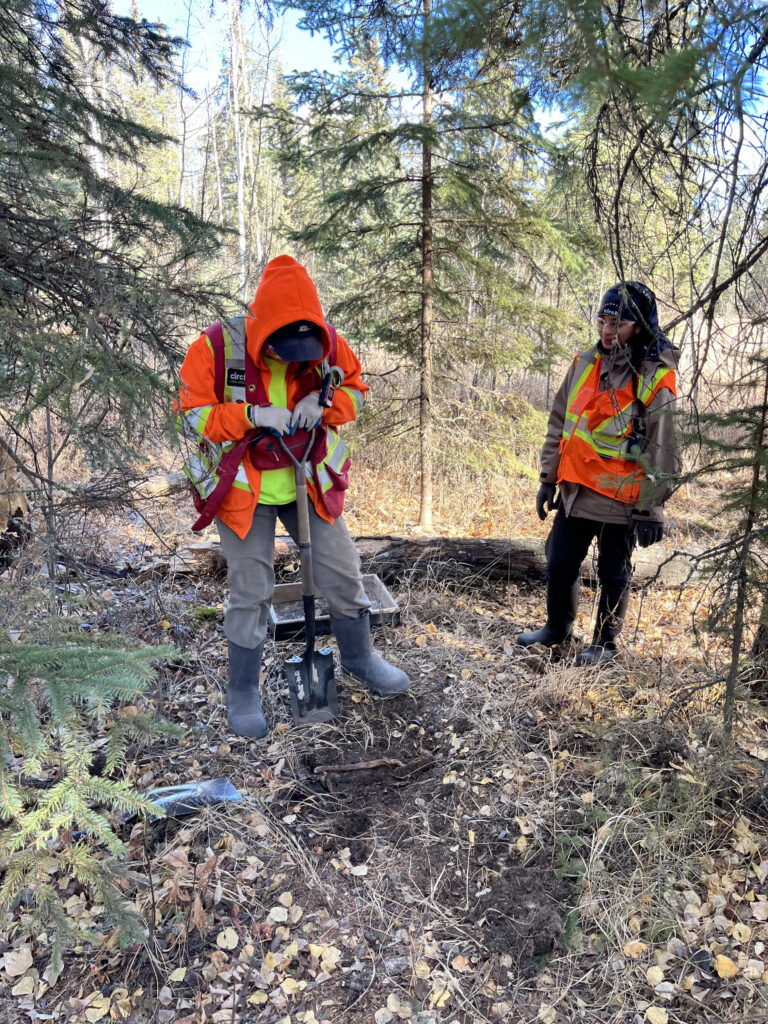
What made this field season unique compared to previous ones?
This was my first season stepping into the role of Supervising Archaeologist. With it came more responsibilities, overseeing the team, making sure we got to where we needed to be, leading the majority of data collection, and making sure everyone stayed safe. It was hard work and I learned so much along the way.
What really made this season special were the people I got to work with. Their dedication, humour, and support made even the longest, toughest days enjoyable. I feel very lucky to have shared this season with such an incredible team!
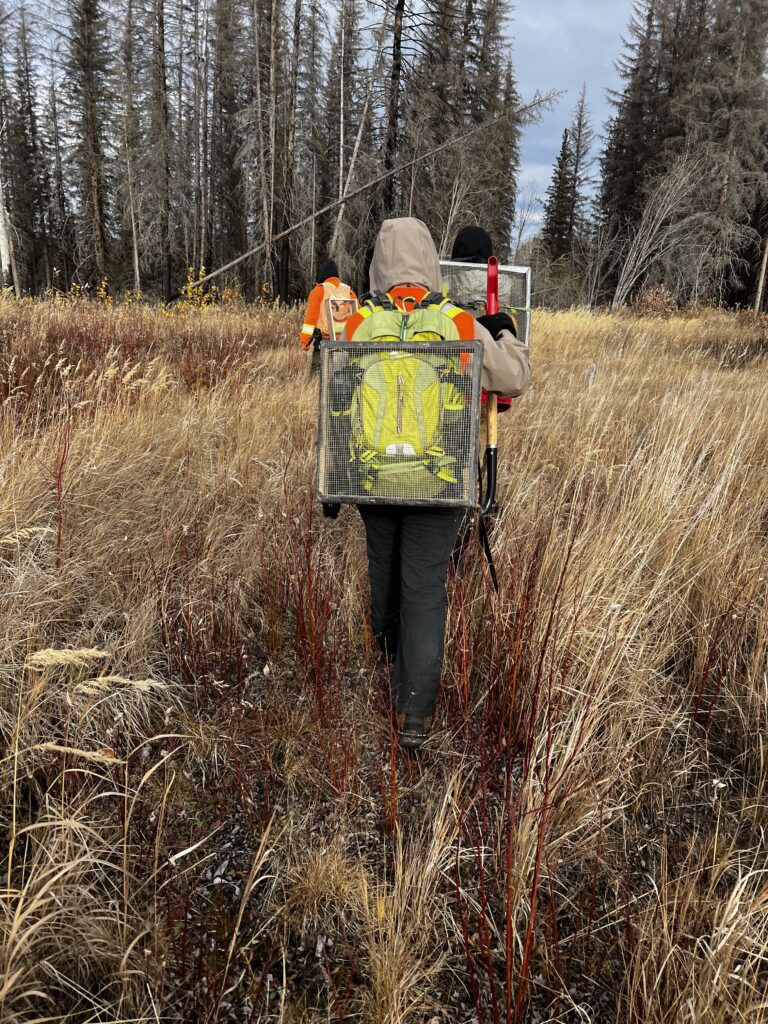
What did you learn about yourself this season?
To trust myself and my instincts. I learned that I often know more than I think I do. And when I don’t, it’s okay to admit it.
When I was an Assistant Archaeologist, I learned the value of asking questions, no matter how small they may seem. My supervisors always reminded me that there truly are no ‘stupid’ questions. I’ve carried that same approach into my role as a Supervising Archaeologist: if I know the answer, I trust it; if I don’t, I’m not afraid to lean on my team to find the right solution. Learning is never-ending, and collaboration makes us stronger.
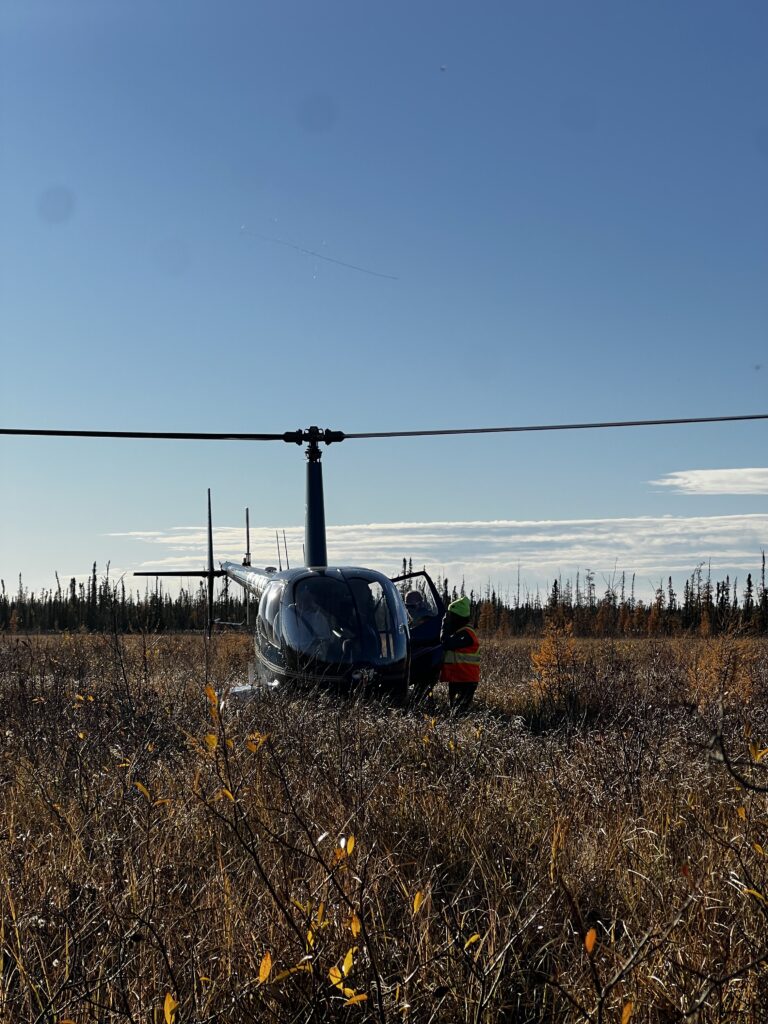
What were some of your most memorable moments in the field this season?
We really do get to see some incredible sights in our work. This year, I was lucky enough to spot lots of moose, bison, a few caribou, and even smaller wildlife like swans, ducks, and all sorts of little critters, all from the helicopter! Seeing wildlife from above is amazing, and since we often cover a lot of ground in the helicopter, it doesn’t usually affect what we might encounter on the ground (plus, landing nearby can sometimes scare animals off).
That said, it’s always a great reminder to stay loud, stay alert, and keep our bear spray close and up-to-date at all times.
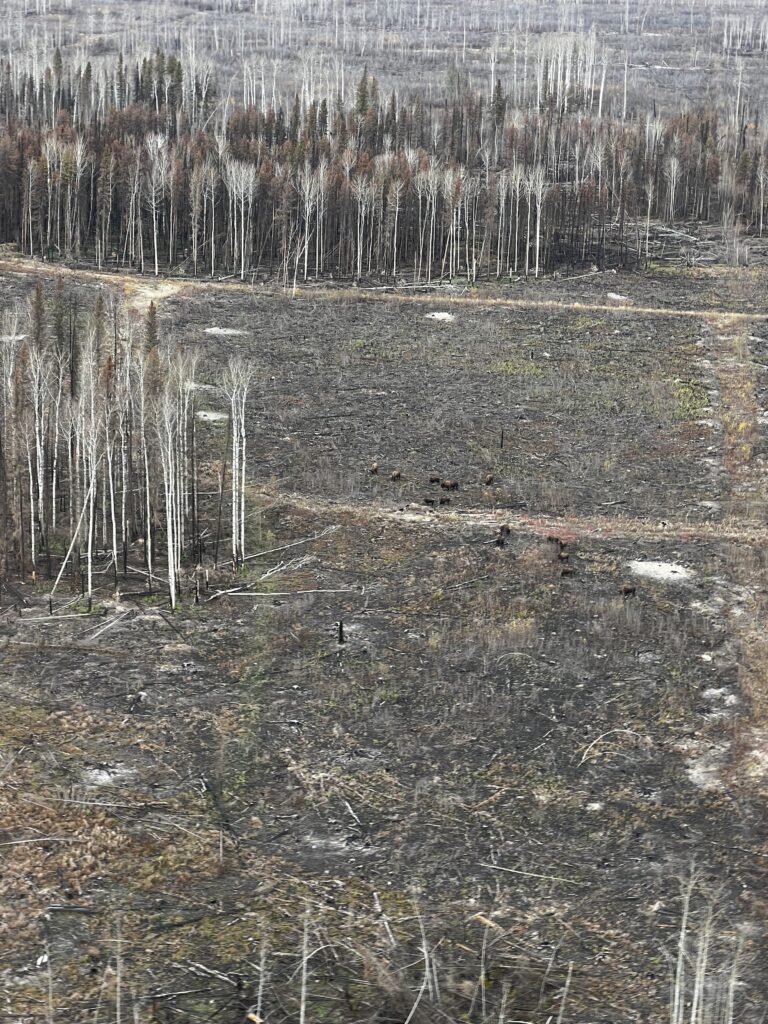
As the season comes to a close, what are you most proud of or grateful for?
In general, I think season really reminded me why I truly love this work.
I had the chance to see some incredible new sights (and sites!), and the pace of our work keeps things exciting. There’s something extra thrilling about discovering a site at the end of a long day; racing to get as much done as we can before hiking back to the helicopter, adrenaline pumping, and the crew joking that it might just leave without us (don’t worry, our survival kit has our backs!). Safety always comes first, though, and if we’ve pushed the day a bit too far, we make sure everyone gets home safe, knowing we can always come back to finish up another day.
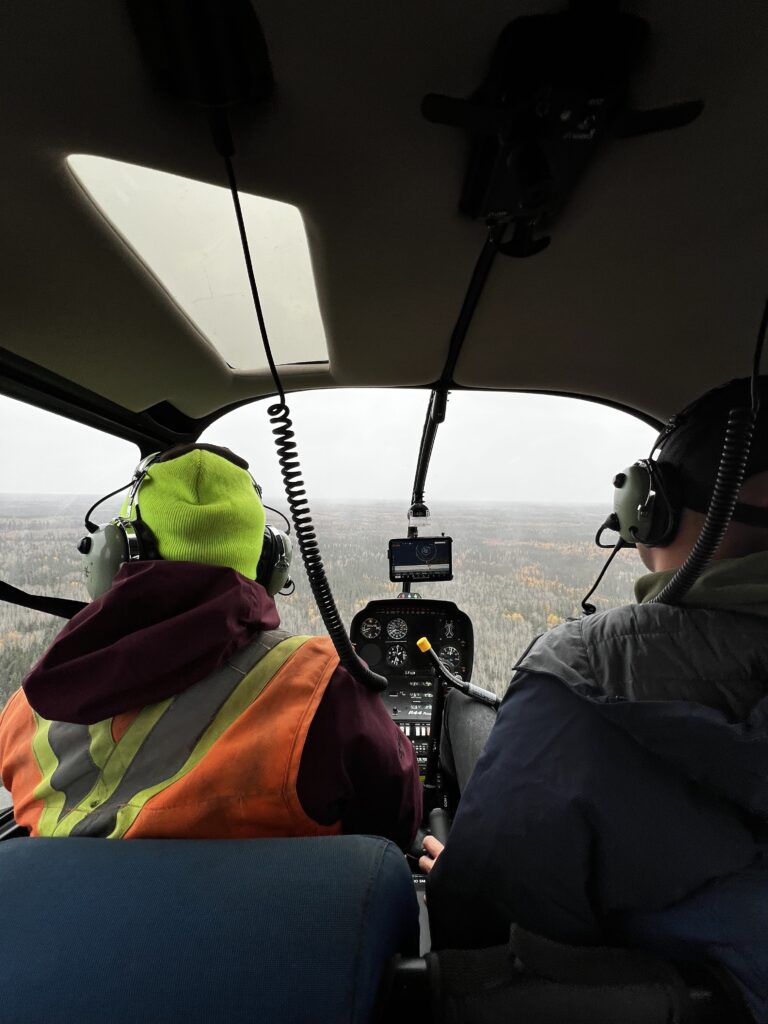
I’m also reminded that working as an archaeologist has taught me skills like resourcefulness and adaptability, which I don’t think I could have gained anywhere else. And I’m really proud of that. Out in the field, we often have to think on our feet and adapt to ever-changing conditions, like weather shifts, unexpected terrain, or last-minute changes to the survey area. While we have incredible tools like iPads, which hold our maps and serve as our primary data-collection device, and GPS units that let us return to surveyed areas, technology is only part of it. Physical tools, like flagging tape (from the client’s block boundary, road flagging tape, or our own tape indicating that there is an archaeological site present), are also important for orienting ourselves, navigating the terrain, and gaining a clearer understanding of the area we’re working in.
This season, I gained confidence in my new role and feel more capable than ever. It reminded me why I chose to become an archaeologist. It’s fun, it’s exciting, and it’s made up of smart people who enjoy solving problems together. Even on days when it’s tough, I’m just really grateful I chose this field.
